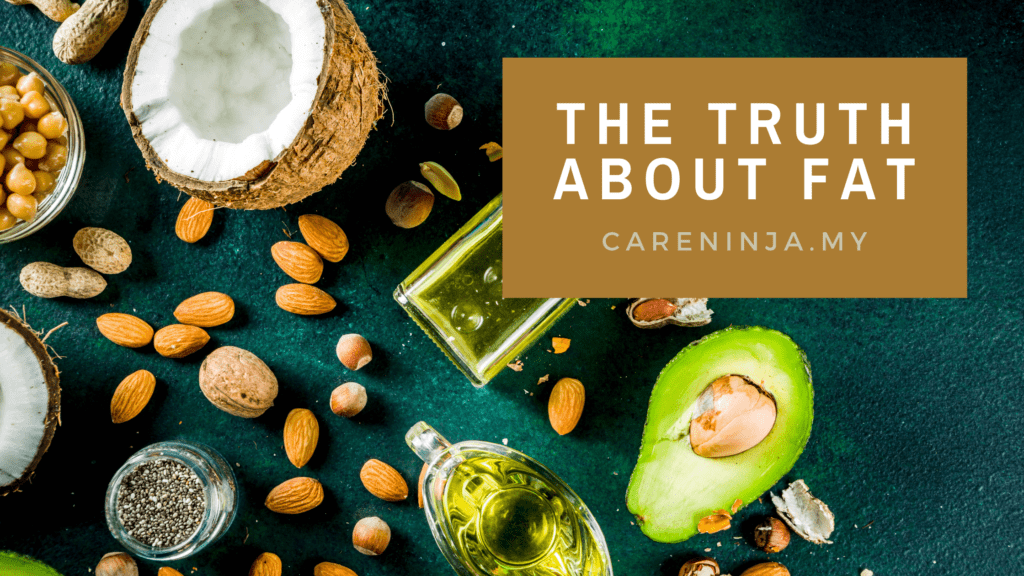The Truth About Fat


There are a lot of misconceptions about fat. Most people will focus on avoiding fat in their diet to stay healthy. The message almost because it was fine to eat a cookie if it was low fat. Many people still believe fat is bad for different reasons.
Here are a few misconceptions about fat:
Misconception No. 1 – Fat raises cholesterol
Not necessary. When it comes to dietary fat, what matters most is the type of fat you eat. There are 4 types of fats in foods we eat:
- Saturated fats
- Trans fats
- Monounsaturated fats
- Polyunsaturated fats
Monounsaturated and polyunsaturated fats don’t raise total cholesterol or bad cholesterol (LDL). Instead, they can help to reduce LDL cholesterol and increase HDL (good cholesterol).
Trans fats however do raise cholesterol and should be avoided. There is conflicting research on saturated fats and cholesterol. Saturated fat may not increase LDL and HDL cholesterol since there is no strong link. It is however recommended to limit the intake of saturated fat.
Misconception No. 2 – Fat increases body weight
Dietary fat doesn’t automatically convert to body fat. It is true that fat contains more calories per gram than protein or carbohydrates, but all calories aren’t the same. Excess calories from carbs and protein are also be converted to fat. Fat slows down digestion and helps you to feel more satisfied after a meal. Research shows that people who eat a moderate or high-fat diet lose just as much weight or more than people who eat a low-fat diet.
Misconception No. 3 – Fat should be avoided in our diet
Truth – Fats provide essential fatty acids that our bodies can’t make. Fat has a role in regulating hormones, body temperature, immune function, reproduction, insulin signaling, and nutrient absorption. Vitamin A, D, E, and K rely on fat for absorption.
Misconception No. 4 – Fat raises blood glucose
That is not true. Fat does not directly raise glucose. Instead, Insulin resistance and A1C can be improved when carbohydrate or saturated fat is replaced with monounsaturated and polyunsaturated fat.
Misconception No. 5 – foods labeled “fat-free” or “low-fat” is healthy
Not necessarily. Foods labeled “0 fat” or cooked with “trans-fat-free” oils may contain a lot of sugar or a lot of saturated fats, which raise your glucose and bad cholesterol. “Trans fat-free” foods may also be unhealthy in terms of their general nutrient content. For example, baked goods also tend to be high in added sugars and low in nutrients. Low-fat yogurt drink mixed with fruits can be high in sugar, and not suitable for those who aim to lose weight and to reduce cholesterol.


Conclusion
In conclusion, not all fats are bad. When it comes to dietary fat, what matters most is the type of fat you eat. Contrary to past dietary advice promoting low-fat diets, newer research shows that healthy fats are necessary and beneficial for health. Dietary fats are essential to give your body energy and to support cell growth. They also help protect your organs and help keep your body warm. Fats help your body absorb some nutrients and produce important hormones, too. Your body definitely needs fat.
Make sure you check your cholesterol level regularly. Check out our At-home blood test to check your cholesterol. View all blood tests available here.
View Our Blood Tests
Whether you’re interested in learning more about your long-term health or how to improve your energy levels, our range of tests can help.
